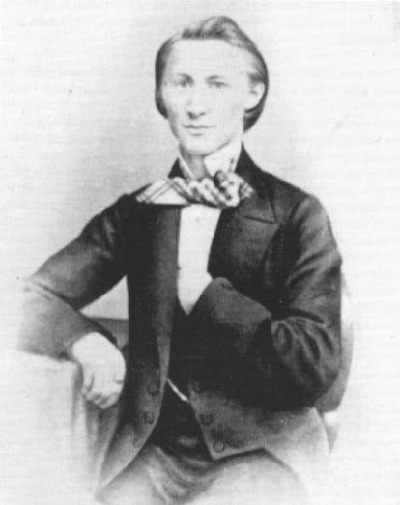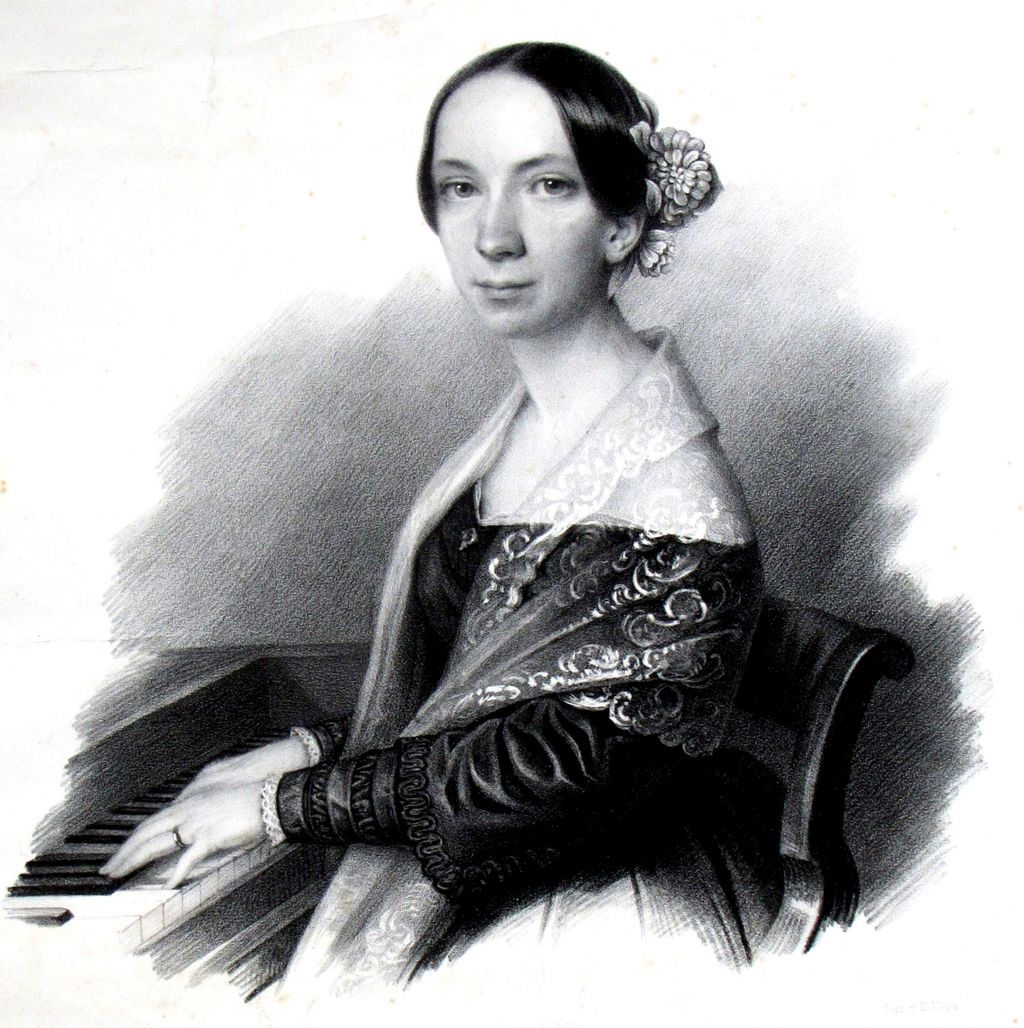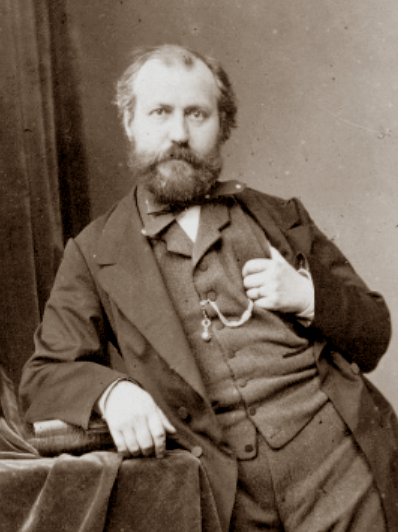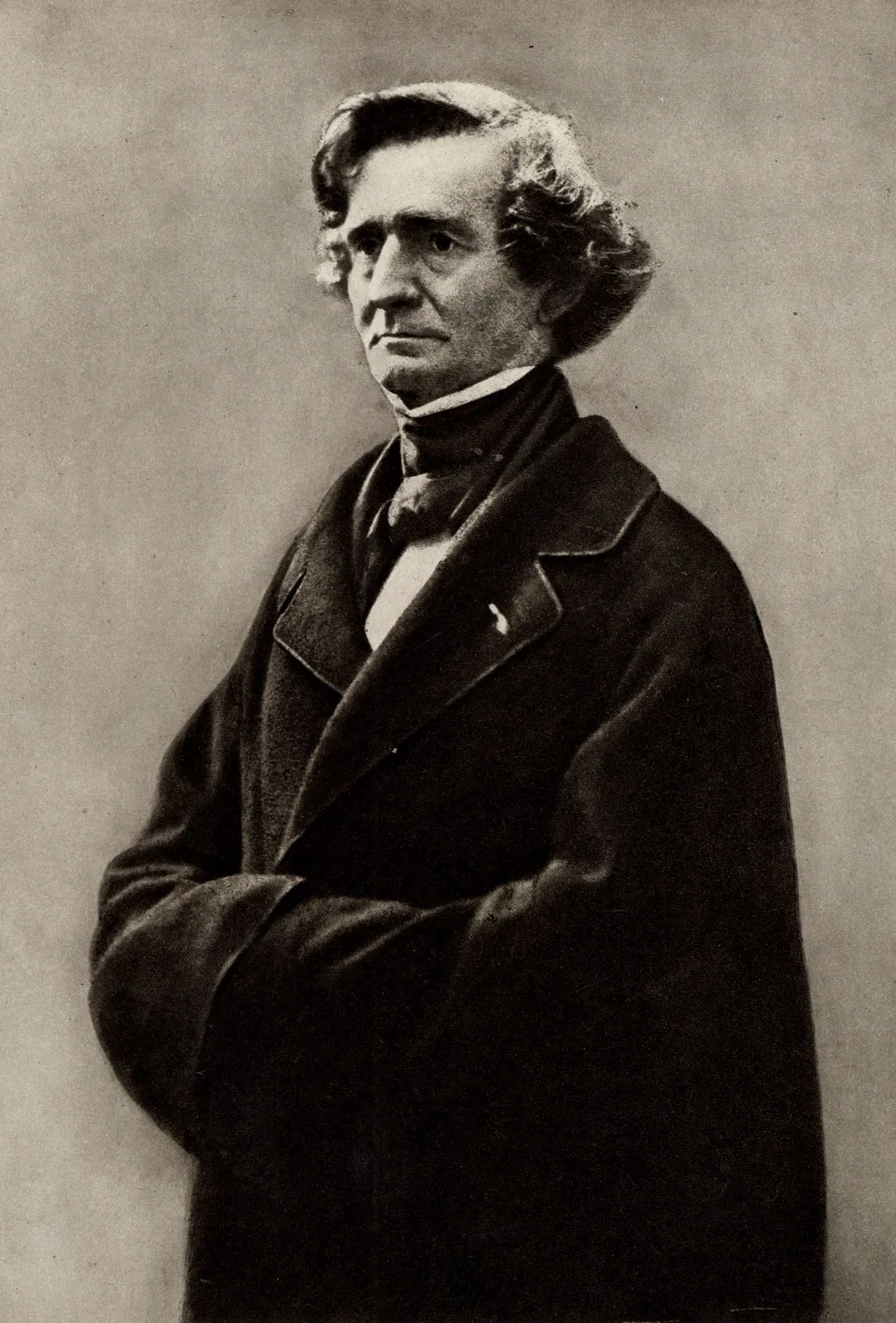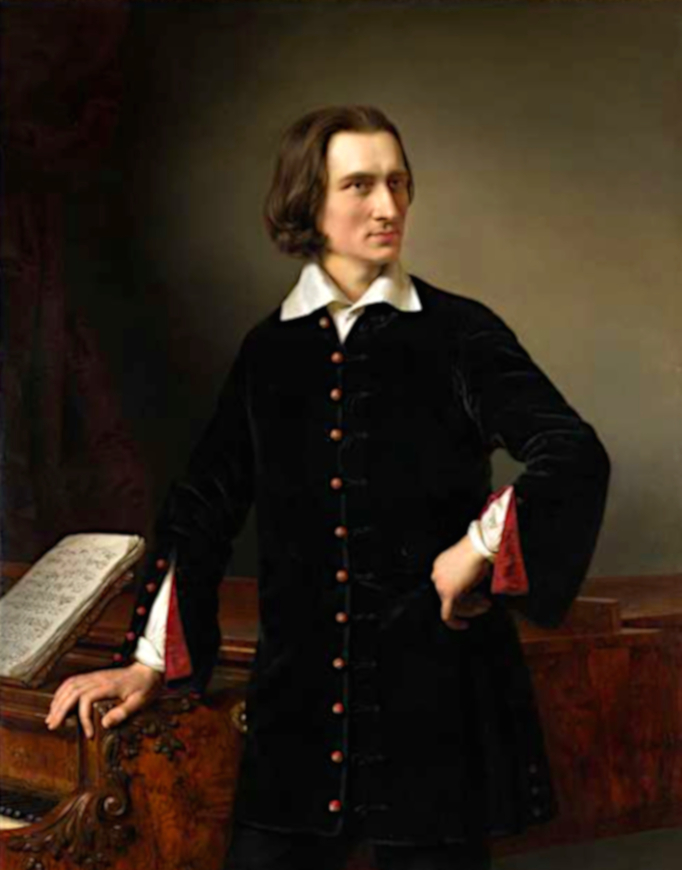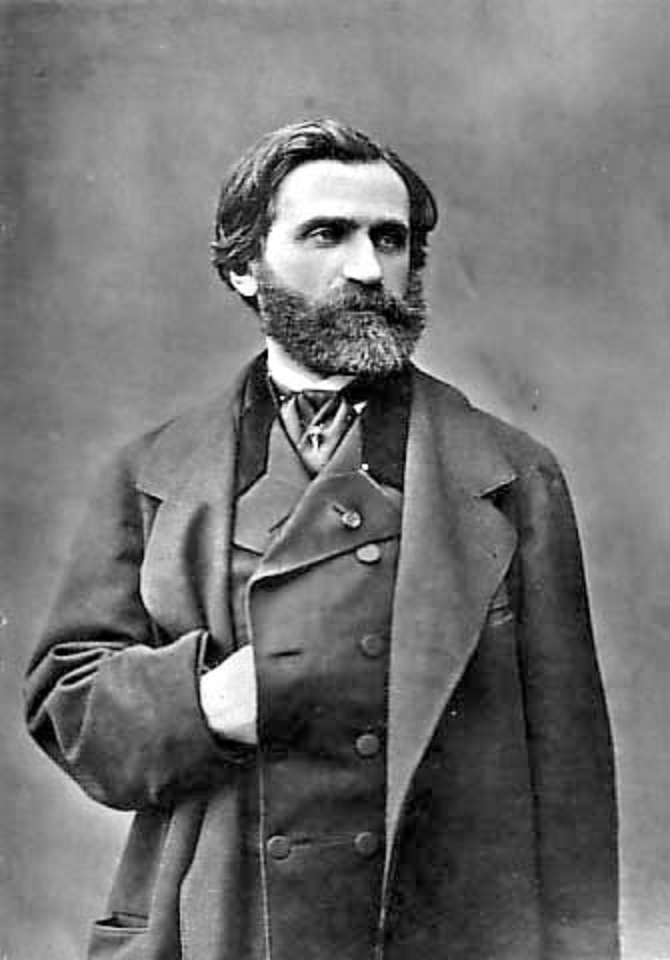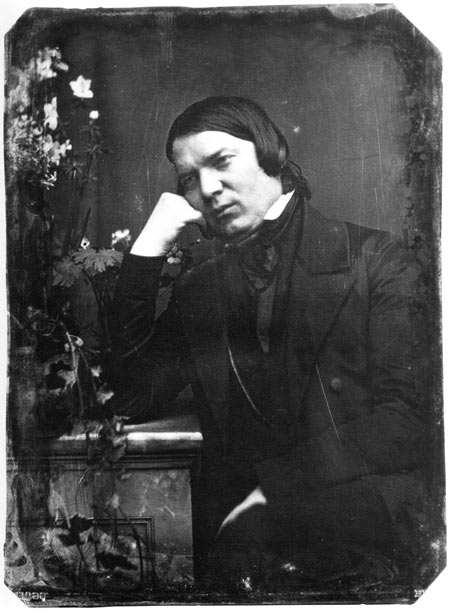1857: Psalmic Meditations
Whenever we talk about the tragedy of an artist being cut off in their prime, we might spare a particular thought for poor Julius Reubke. He was cut off almost before he had got started. So brief was his time on earth that he made the likes of Schubert, Mozart and Chopin look like venerable old men by comparison …
